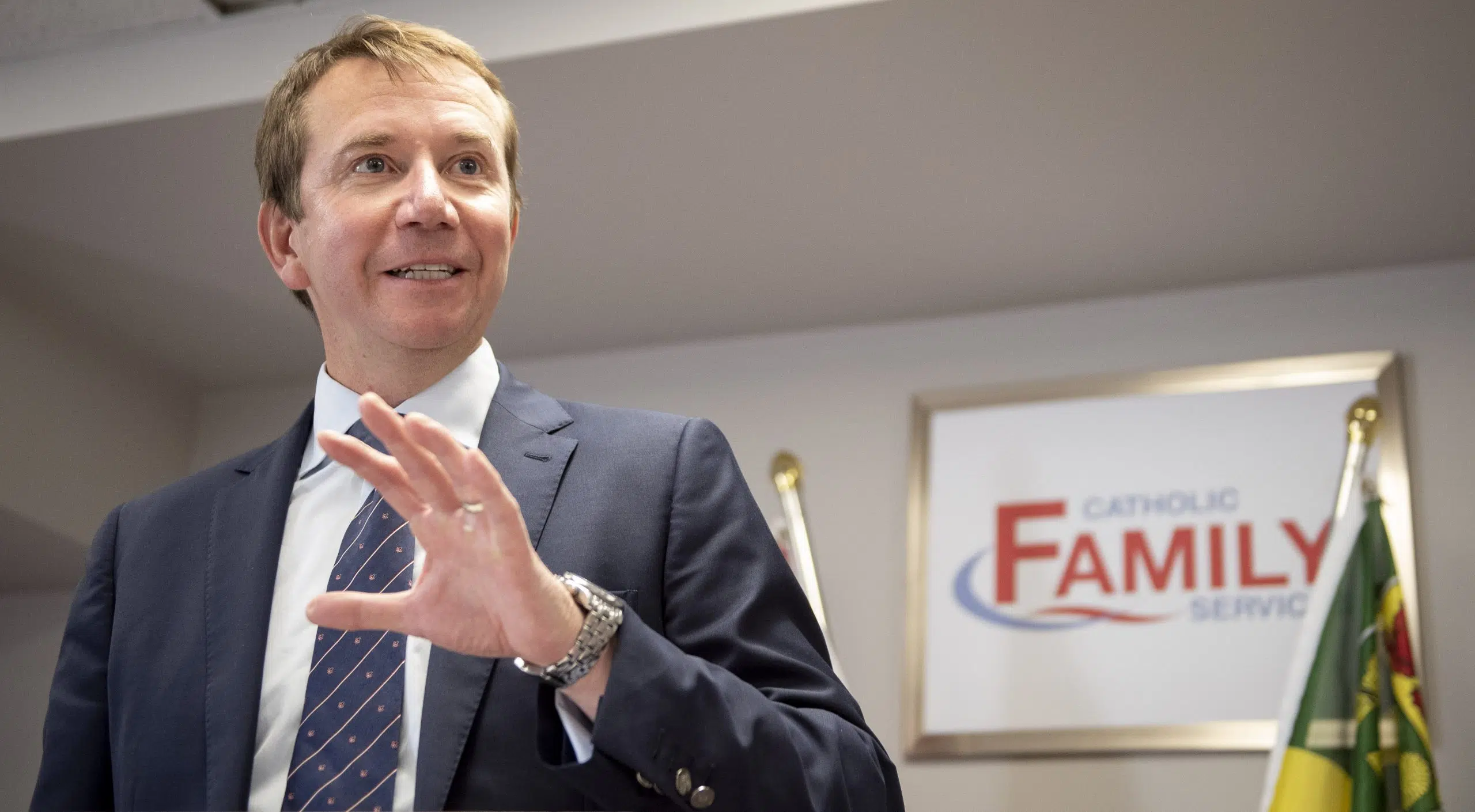
Feds announce $1.9M for at-risk youth family strengthening program in Prince Albert
The federal government announced nearly $1.9 million to support a program aimed at strengthening family stability for high-risk youth in Prince Albert.
The Strengthening Families Program is an international training initiative focused on improving parenting skills and family relationships to reduce problematic behaviours, like aggression, delinquency and addiction in children. Funding from the National Crime Prevention Strategy will be used to help deliver the program.
Operated by Prince Albert Catholic Family Services (CFS), the program is expected to reach over 150 at-risk youth between the ages of six and 17 and their families over five years. Modules within the program will target coping mechanisms for dealing with grief, loss, anger management and family breakups, among others, according to federal minister Scott Brison. Improving educational outcomes and resisting negative peer pressure are further goals of the program.
“These investments for vulnerable families and vulnerable children, Indigenous and non-Indigenous, are smart investments in terms of preventing people from getting into the criminal justice system in the first place,” Brison, who made the announcement in Prince Albert Tuesday morning, said. “Once someone is introduced into the criminal justice system, it is very tough to bring them back.”


